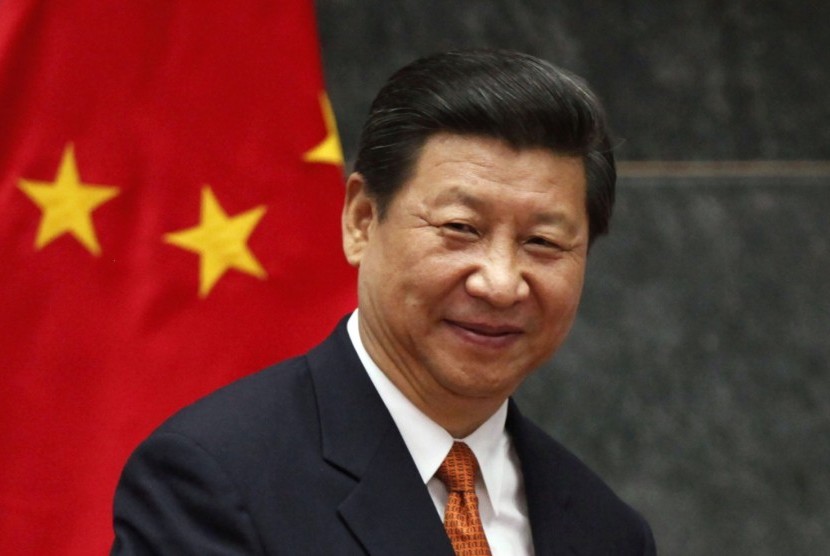REPUBLIKA.CO.ID, MANILA -- China's President Xi Jinping Wednesday urged Asian economies to sign up to its free trade agreement, warning that rival pacts risked causing "fragmentation" among regional nations.
Both China and the United States are pushing their own free trade visions for the economically vibrant and populous region.
Last month 12 Pacific nations finally reached an agreement on the US-led Trans-Pacific Partnership pact, a major diplomatic coup for Washington.
China is pointedly excluded from the TPP, part of Washington's attempt to ramp up influence in the region with its "pivot" to Asia.
Beijing has instead pushed its own agreement, the Free Trade Area of the Asia-Pacific (FTAAP).
"With various new regional free trade arrangements cropping up there have been worries about the potential of fragmentation. We therefore need to accelerate the realisation of FTAAP and take regional economic integration forward," Xi said.
The Chinese leader gave his remarks to business leaders in Manila, hours before he is due to meet Obama on stage at the the regional Asia-Pacific Economic Cooperation (APEC) summit in the Philippine capital.
The gathering is supposed to focus on trade but has already been sidetracked by the contest for the South China Sea, where Beijing's programme of island building on disputed shoals and reefs has rattled neighbours.
On Tuesday Obama offered the Philippines a warship as part of a $250-million aid package to Southeast Asian allies worried about Chinese efforts to control strategic sea.
Beijing insists APEC is a trade forum and not a place to discuss regional security issues.
Xi made no mention of the South China Sea in his speech but he did call on Pacific nations to "resolve our differences through dialogue and consultation".
"We must focus on development and spare no effort to foster an environment of peace conducive to development and never allow anything to disrupt the development process," he added.
He also said the world's second largest economy was still in good health despite recent scares.
"In general China's positive economic fundamentals and long term trajectory remain unchanged," he said.
Growth in the world's second-largest economy has slowed to its lowest rates since the aftermath of the global financial crisis.


